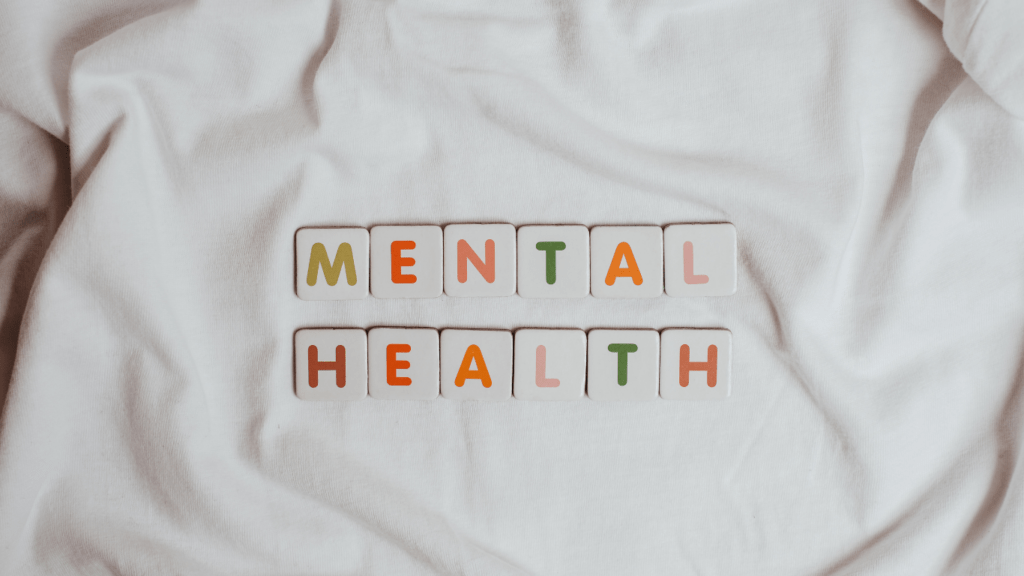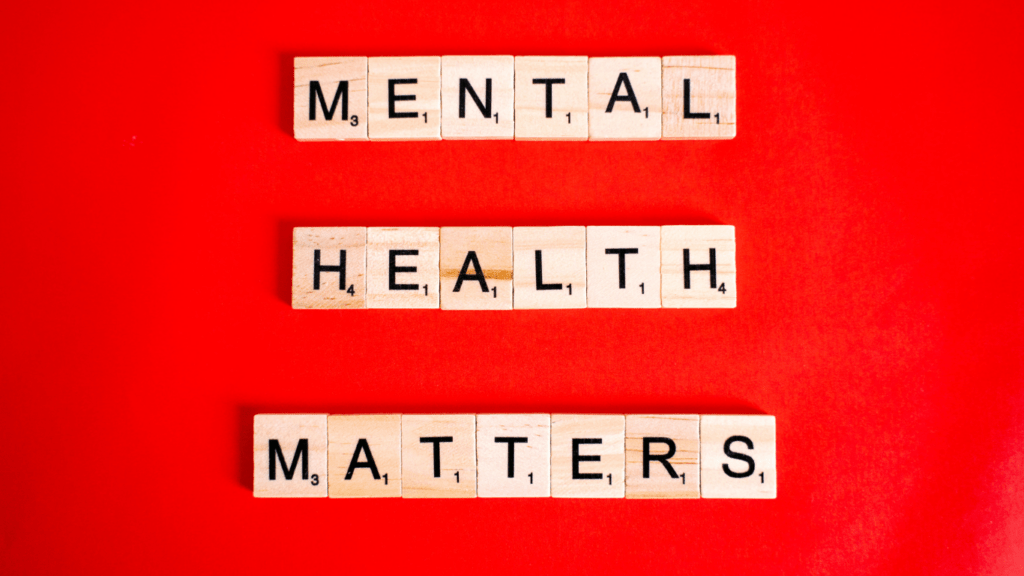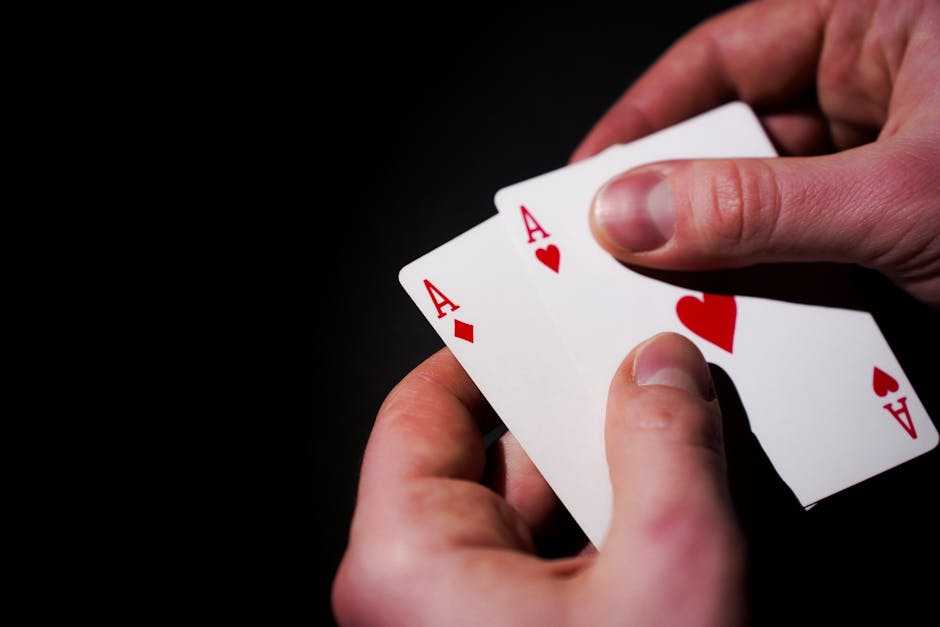Gambling can have a profound impact on mental health, affecting individuals in ways they may not even realize. As someone who has delved into the intricate relationship between gambling and mental well-being, I’ve seen firsthand how this seemingly harmless activity can spiral into a detrimental cycle for many.
In this article, I’ll shed light on the lesser-known aspects of how gambling can influence mental health and provide valuable insights on staying safe while engaging in such activities.
Navigating the world of gambling can be a slippery slope, with the potential to lead to addiction and other mental health challenges. Through my experiences and research, I’ve uncovered strategies and tips that can help individuals safeguard their mental well-being while still enjoying the occasional flutter.
Join me as we explore the nuances of this complex issue and learn how to prioritize mental health while engaging in gambling activities.
Understanding the Connection Between Gambling and Mental Health
Exploring the intricate link between gambling and mental health reveals a complex interplay that can significantly impact individuals. Gambling behaviors can trigger various mental health issues, exacerbating existing conditions or leading to the development of new ones.
Understanding this connection is crucial in promoting better awareness and proactive measures to mitigate potential risks associated with gambling activities.
My research into this subject has unveiled how excessive gambling can be a manifestation of deeper psychological struggles. Individuals may turn to gambling as a coping mechanism for stress, anxiety, depression, or other emotional challenges.
The thrill and temporary escape provided by gambling can become a harmful outlet, fostering addictive behaviors that compromise mental well-being over time.
Moreover, the cycle of wins and losses in gambling can profoundly affect one’s mental state. The euphoria of winning can fuel a cycle of impulsivity and risk-taking, while losses can trigger feelings of frustration, guilt, and despair.
These emotional highs and lows can have a disruptive impact on mental stability, leading to a rollercoaster of mood swings and cognitive distortions.
Recognizing the detrimental effects of gambling on mental health is the first step towards safeguarding oneself and promoting overall well-being. By acknowledging the interconnectedness of these two domains, individuals can make informed decisions about their gambling habits and seek help when needed.
Prioritizing mental health while engaging in any form of gambling is essential for maintaining a healthy balance and minimizing potential adverse outcomes.
Risks Associated with Problem Gambling
- Psychological Effects: Excessive gambling can cause severe mental health issues, such as increased stress, anxiety, and depression, leading to emotional instability and potentially suicidal thoughts.
- Financial Consequences: Problem gambling often results in significant financial problems, including debt and the need for illegal activities to support the habit, affecting both the individual and their loved ones.
Importance of Seeking Help and Support
Recognizing the importance of seeking help and support is paramount in addressing the detrimental effects of problem gambling on mental health. Acknowledging that problem gambling is a serious issue requiring professional assistance is the first step towards recovery.
I recommend seeking help from mental health professionals, therapists, or support groups specialized in treating gambling addiction. These resources offer tailored interventions and strategies to cope with the psychological and emotional challenges associated with problem gambling.
I emphasize the significance of reaching out to loved ones for emotional support and understanding. Sharing your struggles with trusted individuals can provide a sense of relief and reduce feelings of isolation. Opening up about your experiences allows for emotional catharsis and promotes a supportive environment conducive to positive change.
Connecting with family and friends can help strengthen relationships and cultivate a supportive network crucial for overcoming problem gambling.
In addition to seeking professional help and confiding in loved ones, exploring self-help tools and resources can complement treatment efforts. Engaging in self-help activities such as journaling, mindfulness practices, and setting financial limits can aid in managing impulses and reducing the urge to gamble.
Integrating these self-help techniques into daily routines can empower individuals to take control of their gambling behavior and promote healthier habits.
I stress the importance of proactively seeking help and support to address problem gambling and protect mental well-being. Combining professional guidance, social support, and self-help strategies forms a holistic approach to recovery.
By taking these proactive steps, individuals can break free from the cycle of problem gambling, regain control over their lives, and prioritize their mental health and overall well-being.
Strategies for Maintaining Mental Well-being While Gambling
Incorporating strategies to safeguard mental well-being while engaging in gambling activities is crucial for overall health and balance. It’s essential to prioritize mental health throughout the gambling experience to prevent negative consequences and promote a healthy mindset. Here are some effective strategies for maintaining mental well-being while gambling:
Prioritize Self-Care:
Engage in regular self-care practices such as exercise, adequate sleep, and healthy eating to support your overall well-being.
Take breaks from gambling activities to focus on relaxation and rejuvenation.
Set Boundaries:
Establish clear boundaries for your gambling habits, including time and money limits, to prevent excessive and impulsive behavior.
Stick to your predetermined limits to maintain control and avoid negative outcomes.
Seek Support:
Reach out to friends, family members, or mental health professionals for support and guidance when facing challenges related to gambling.
Join support groups or therapy sessions to connect with individuals who understand your struggles and can offer valuable insights.
Practice Mindfulness:
Incorporate mindfulness techniques into your daily routine to enhance self-awareness and regulate emotions during gambling activities.
Stay present in the moment and observe your thoughts and feelings without judgment to make informed decisions.
Monitor Your Emotions:
Pay attention to your emotional state while gambling and take note of any signs of stress, anxiety, or impulsivity.
Utilize coping mechanisms such as deep breathing or positive affirmations to manage emotions and maintain a balanced mindset.
By implementing these strategies, individuals can ensure they prioritize their mental well-being while engaging in gambling activities. Taking proactive steps to care for mental health can help prevent the negative impact of problem gambling and promote a healthy relationship with gambling as a form of entertainment.



 At the helm of SmartGambleFactor is Calvino Hancockster, the founder and driving force behind the platform. With a deep-rooted passion for betting and years of hands-on experience, Calvino established this blog as a resource to share his knowledge and expertise with the broader betting community. His mission is to demystify the complexities of the gambling world and offer actionable advice that can lead to more successful wagers. By creating SmartGambleFactor, Calvino hopes to foster a community of informed and responsible bettors who can benefit from reliable and insightful guidance.
At the helm of SmartGambleFactor is Calvino Hancockster, the founder and driving force behind the platform. With a deep-rooted passion for betting and years of hands-on experience, Calvino established this blog as a resource to share his knowledge and expertise with the broader betting community. His mission is to demystify the complexities of the gambling world and offer actionable advice that can lead to more successful wagers. By creating SmartGambleFactor, Calvino hopes to foster a community of informed and responsible bettors who can benefit from reliable and insightful guidance.

